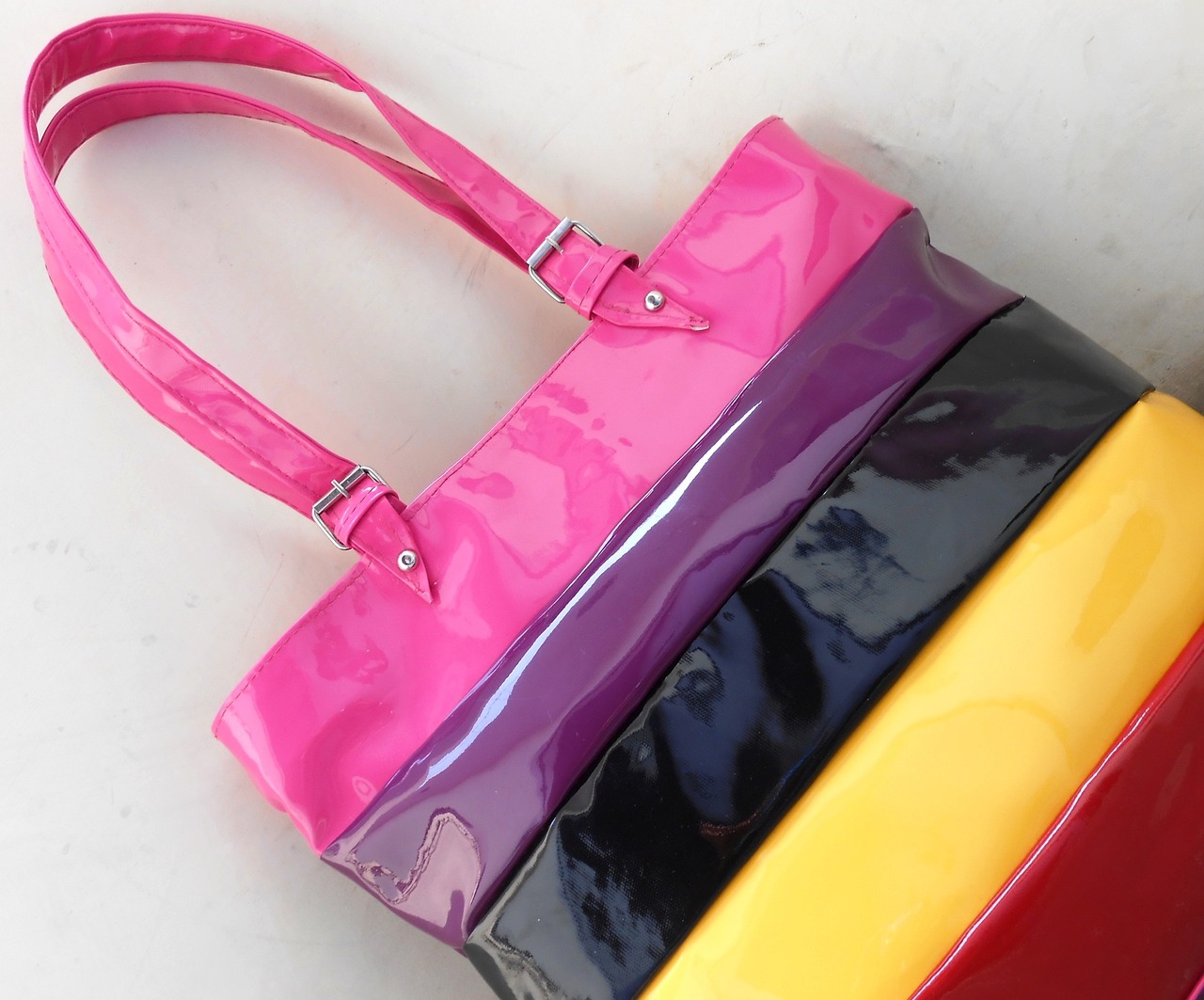5 Emerging Technologies Shaping the Future of Retail
Artificial Intelligence (AI) is rapidly transforming the retail industry, offering a wide array of benefits to both retailers and consumers alike. By leveraging AI-powered technologies, retailers can analyze vast amounts of data to gain valuable insights into consumer behavior, preferences, and trends. This enables them to personalize marketing strategies, enhance product recommendations, and improve overall customer experiences. Additionally, AI facilitates the automation of various tasks such as inventory management, pricing optimization, and customer service, leading to increased operational efficiency and cost savings for retailers.
Furthermore, AI-driven algorithms enable retailers to forecast demand more accurately, optimize supply chain logistics, and streamline the fulfillment process. This results in improved inventory management, reduced out-of-stock situations, and ultimately higher sales and customer satisfaction levels. With the continuous advancements in AI capabilities, retailers have the opportunity to stay competitive in the ever-evolving landscape of the retail sector by harnessing the power of artificial intelligence to drive growth, innovation, and success.
• AI helps retailers analyze data to understand consumer behavior and trends
• Personalized marketing strategies can be developed using AI insights
• Automation of tasks like inventory management and pricing optimization leads to cost savings
• AI algorithms help forecast demand, optimize supply chain logistics, and streamline fulfillment process
• Improved inventory management reduces out-of-stock situations and increases sales
• Retailers can stay competitive by leveraging AI for growth, innovation, and success in the industry
Augmented Reality for Enhanced Shopping Experience
Augmented Reality (AR) has become a game-changer in the retail industry, offering customers a unique and interactive shopping experience like never before. By overlaying digital information onto the physical store environment, AR technology enables shoppers to visualize products in real-time, try out different variations, and make more informed purchasing decisions. With AR, customers can see how furniture fits in their homes, try on virtual clothing, or even test out makeup products without physically touching them.
Furthermore, AR is not only enhancing the shopping experience for customers but also providing retailers with valuable insights into consumer behavior. By analyzing the data collected through AR interactions, retailers can better understand customer preferences, identify popular products, and personalize marketing strategies. This data-driven approach not only improves customer satisfaction but also helps retailers optimize their product offerings and enhance overall business performance.
Internet of Things Revolutionizing Retail Operations
The Internet of Things (IoT) is reshaping the landscape of retail operations, offering unprecedented opportunities for increased efficiency and customer satisfaction. Through the integration of IoT-enabled devices and sensors, retailers can gather real-time data on inventory levels, customer preferences, and even store traffic patterns. This wealth of information allows for more informed decision-making and personalized shopping experiences for consumers.
Moreover, IoT technology empowers retailers to streamline their supply chain management processes by tracking goods from production to point of sale. By harnessing the power of IoT devices, retailers can optimize inventory levels, reduce stockouts, and minimize waste. This enhanced visibility and control over the entire supply chain translate into cost savings and better overall operational performance, ultimately benefiting both retailers and consumers alike.
How is Artificial Intelligence impacting the retail industry?
Artificial Intelligence is revolutionizing the retail industry by providing data analysis, personalized recommendations, chatbots for customer service, and inventory management.
How can Augmented Reality enhance the shopping experience?
Augmented Reality allows customers to visualize products in their own space, try on virtual clothing or accessories, and see how furniture or home decor items would look in their homes before making a purchase.
How is the Internet of Things transforming retail operations?
The Internet of Things is enabling retailers to track inventory in real-time, monitor temperature and humidity levels for perishable items, optimize energy usage in stores, and provide personalized shopping experiences based on customer preferences and behaviors.
What are some examples of IoT devices used in retail?
Examples of IoT devices used in retail include smart shelves that automatically reorder products, beacons that send personalized offers to customers in stores, and RFID tags that track inventory throughout the supply chain.
How can retailers leverage IoT technology to improve efficiency?
Retailers can leverage IoT technology to streamline inventory management, reduce operational costs, enhance the customer shopping experience, and gain insights into consumer behavior to make data-driven decisions.







